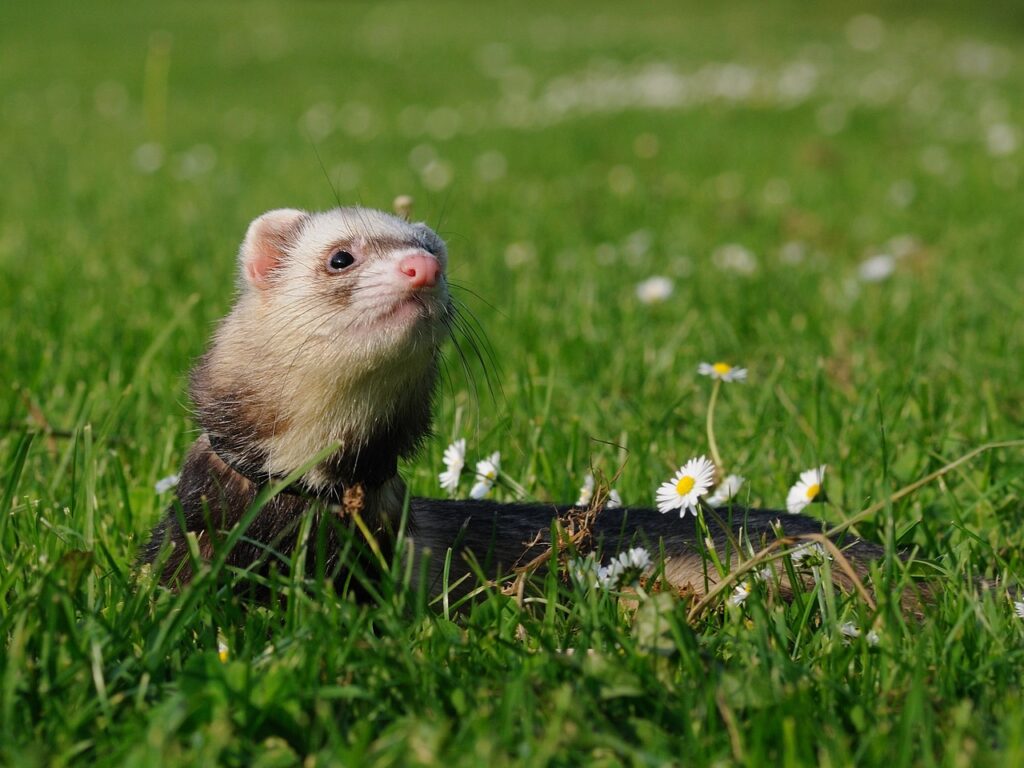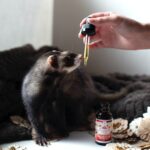Can Ferrets Eat Honey — A Comprehensive Guide
When it comes to the dietary needs of our beloved ferrets, it’s important to consider their overall health and well-being. One question that often arises is whether ferrets can safely consume honey. In this article, we will explore the suitability of honey for ferrets and provide you with a detailed understanding of the benefits, precautions, and recommended feeding guidelines.
The Advantages of Feeding Honey to Ferrets
While ferrets are obligate carnivores, meaning their diet primarily revolves around meat, small quantities of honey can offer certain health boosts. Honey contains natural antioxidants and antimicrobial properties, which can support the ferret’s immune system. Additionally, it serves as a source of quick energy due to its natural sugars, providing a much-needed boost during times of increased activity or illness recovery.
Enhancing the Immune System
One of the primary advantages of feeding honey to ferrets is its immune-boosting potential. Honey contains antioxidants that help combat free radicals, reducing the potential for oxidative stress and certain health conditions. Ferrets can benefit from a strengthened immune response, which can protect them against various infections and diseases.
Quick Energy Source
Honey is also an excellent source of quick energy for ferrets. Its natural sugars, such as fructose and glucose, provide a rapid energy boost, making it ideal for times when your ferret may need an extra energy kick. Additionally, honey can be beneficial during illness recovery, assisting in regaining strength and vitality.
Recommended Frequency and Quantity
While small amounts of honey can be included in your ferret’s diet, it’s important to exercise caution and moderation. Only offer honey as an occasional treat, as part of a balanced diet. Too much honey can lead to weight gain, dental issues, and digestive problems. For optimal health, limit honey intake to no more than a few drops once a week.
Precautions and Considerations
Although honey can be a beneficial addition to your ferret’s diet, there are some important precautions to keep in mind. Firstly, avoid feeding honey to ferrets under 6 months old, as their digestive systems may not yet be fully developed to handle it. Secondly, always opt for raw or organic honey, free from additives or artificial sweeteners, to ensure your ferret receives the maximum health benefits without any potential harm. Lastly, if your ferret has any underlying health conditions, such as diabetes or digestive sensitivities, consult with a veterinarian before introducing honey into their diet.
Other Pets That Can Enjoy Honey Safely
While our focus has been on ferrets, there are other pets within our furry family that can enjoy honey safely. Cats, in particular, can tolerate small amounts of honey, as it provides similar health benefits as it does for ferrets. However, it’s crucial to note that not all pets have the same dietary requirements, so it’s always best to consult with a veterinarian before incorporating honey into any pet’s diet.
Conclusion
In conclusion, ferrets can enjoy the occasional taste of honey as a treat, provided it’s given in moderation. The advantages of honey, such as immune system support and quick energy supply, make it a suitable addition to their diet. However, it’s essential to follow the recommended feeding guidelines and take precautions by opting for raw, organic honey. Remember, responsible feeding is key to maintaining your ferret’s optimal health and happiness.






